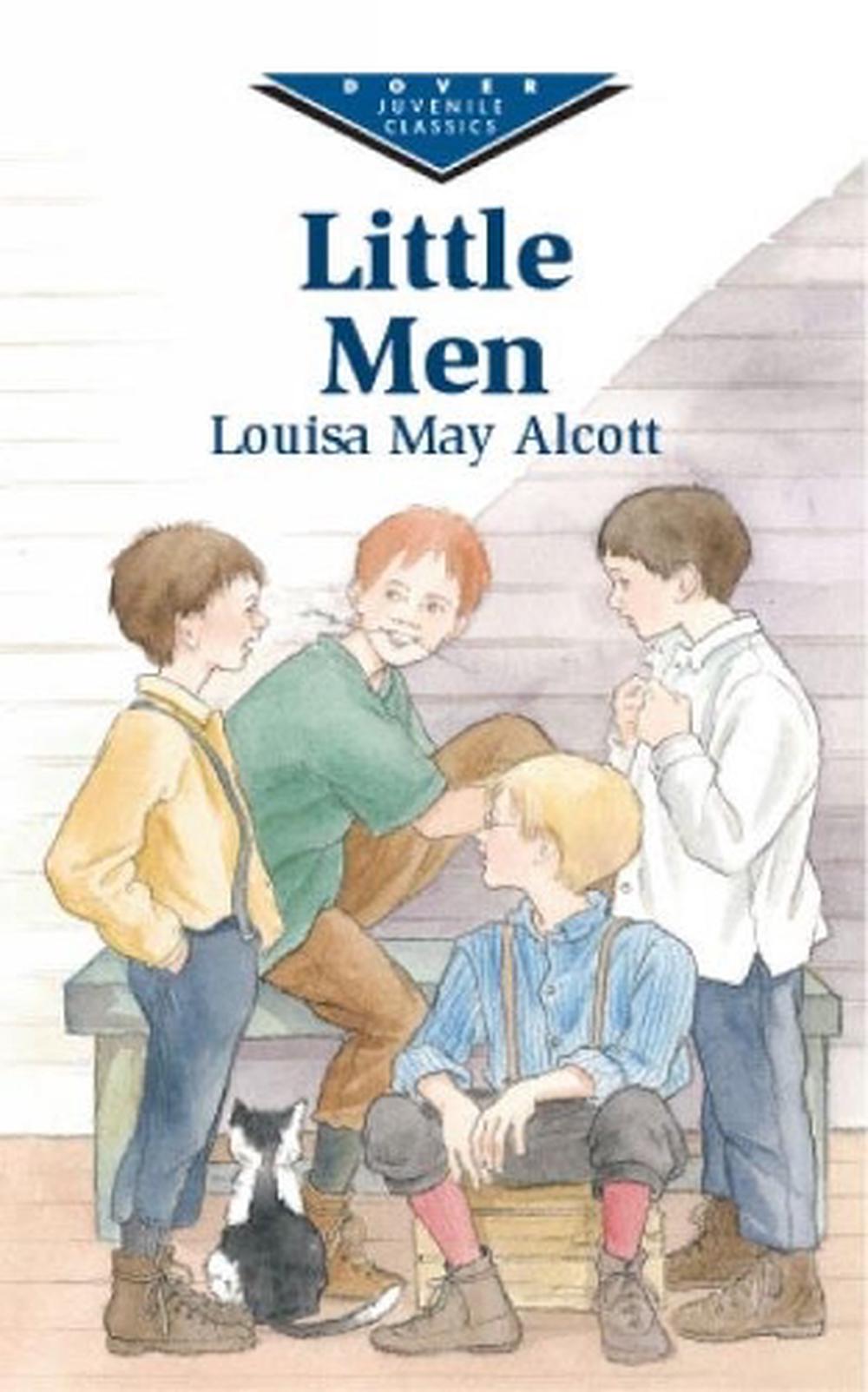

Īlcott’s first inspiration for bringing educational ideals into the home and the development of a home-like model into the classroom, stems from her father, Amos Bronson Alcott, “an educational reformer and prominent Transcendentalist.” As a “Transcendentalist visionary,” her father was considered unconventional even among his reform contemporaries. The idea of the school is first suggested at the very end of Little Women, Part Two, when Jo inherits Plumfield Estate from her late Aunt March. Alcott's classic novel has been adapted to a 1934 film, a 1940 film, a 1998 film, a television series, and a Japanese animated television series.Īlcott's novel narrates six months in the life of the students at Plumfield, a school run by German Professor Friedrich and his wife, Mrs. Alcott's story recounts the life of Jo Bhaer, her husband, and the various children at Plumfield Estate School. The trilogy ends with Alcott's 1886 novel Jo's Boys, and How They Turned Out: A Sequel to Little Men. The book reprises characters from her 1868–69 two-volume novel Little Women, and acts as a sequel, or as the second book in an unofficial Little Women trilogy.

Little Men, or Life at Plumfield with Jo's Boys, is a children's novel by American author Louisa May Alcott (1832–1888), which was first published in 1871 by Roberts Brothers.


 0 kommentar(er)
0 kommentar(er)
